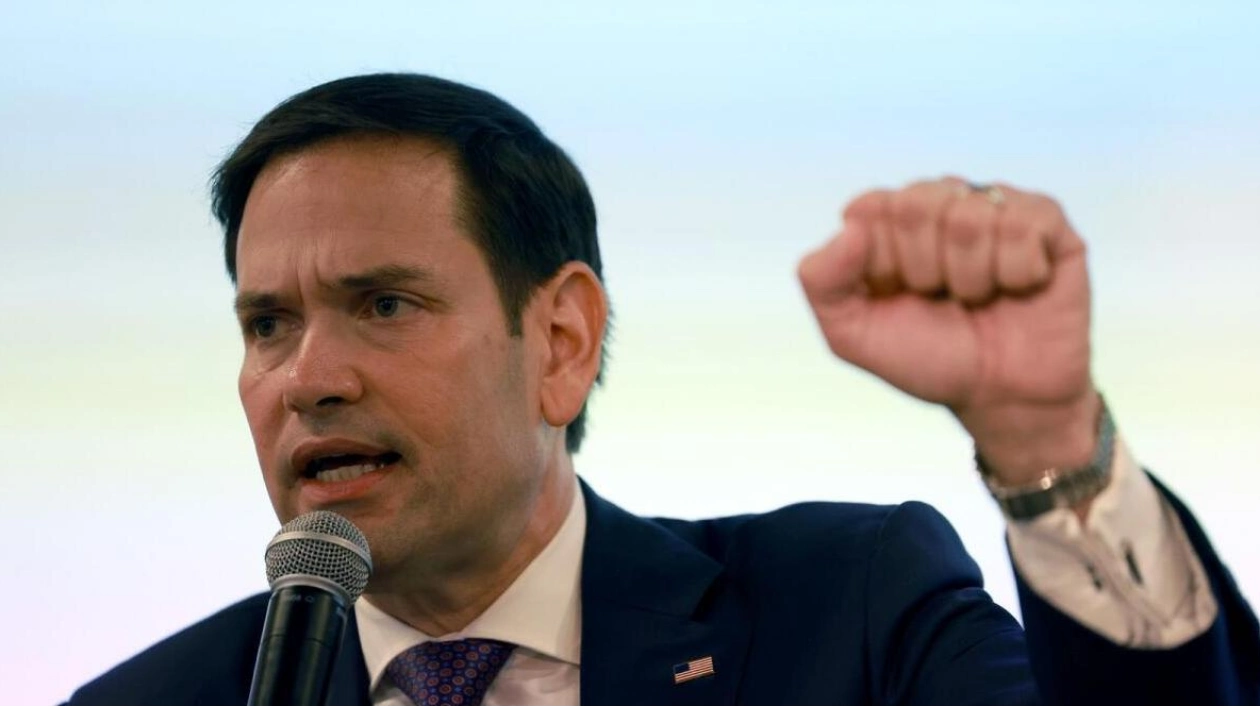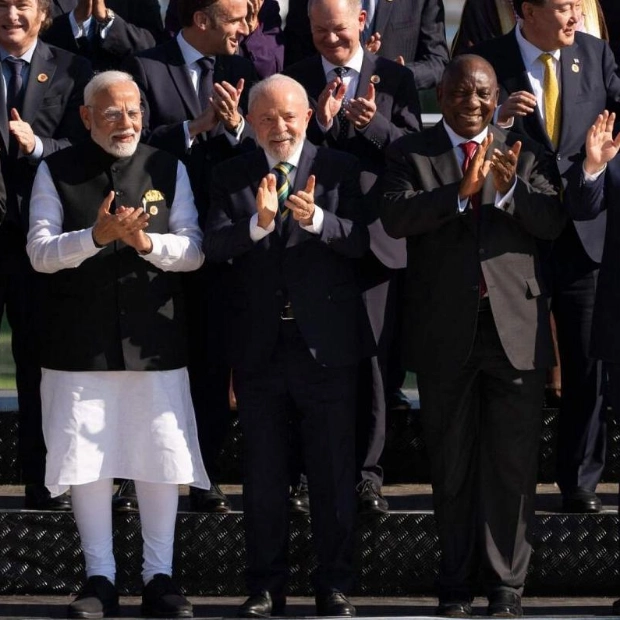Florida Senator Marco Rubio is expected to be named as Secretary of State by President-elect Donald Trump, according to a report by The New York Times on Monday night. The report, citing three unnamed sources, suggests that while the decision is not yet final, Trump has seemingly settled on Rubio, a loyalist who was previously overlooked as a vice presidential running mate. Over the past week, Rubio has frequently been mentioned as a leading contender for the role of US diplomat, alongside former ambassador to Germany, Ric Grenell.
If confirmed, Rubio would play a pivotal role in shaping Trump's second term 'America First' foreign policy, which includes promises to end conflicts in Ukraine and the Middle East and to avoid further US military involvement abroad. Fellow Florida Senator Rick Scott expressed his support for Rubio on X, stating that he would restore American leadership globally, particularly in Latin America, representing the US with dignity and courage.
The nomination of Rubio, a congressman with Cuban heritage, marks a significant turnaround in his relationship with Trump. In 2016, during their competition for the Republican presidential nomination, Rubio referred to Trump as a 'con artist' and the 'most vulgar person to ever aspire to the presidency.' Trump, in turn, mocked Rubio as 'Little Marco' and criticized him for his appearance on TV.
Rubio's foreign policy stance has been shaped by his strong opposition to Cuba and its leftist allies in Latin America, particularly Venezuela. More recently, he has become one of the most vocal senators against Beijing, viewing China as a major threat to US interests. He has advocated for stricter regulations on Chinese companies operating in the US and has led congressional efforts to penalize Beijing over its treatment of the Uyghur minority. Compared to Trump, Rubio represents a more traditional approach to US foreign policy.
Born to Cuban immigrants in Miami, Rubio graduated with a degree in political science from the University of Florida in 1993. He was elected to the US Senate in 2010, with his campaign supported by the Tea Party, a far-right faction within the Republican Party that emerged after Barack Obama's presidency. Trump has pledged to achieve global stability through American strength, though his specific plans to end the war in Ukraine remain unclear, raising concerns among European allies and Ukraine about potential unilateral US actions.
Additionally, reports indicate that Trump is close to appointing former army special forces veteran and China hawk Michael Waltz as National Security Advisor. Waltz, who represents Florida in the House of Representatives, has described the US as being in an 'existential struggle' with the Chinese Communist Party. He has also expressed concerns about what he perceives as a '1930s-era, Nazi Germany-style military build-up' in China.
Source link: https://www.khaleejtimes.com






